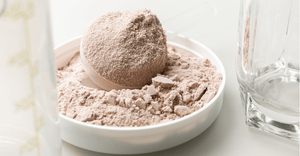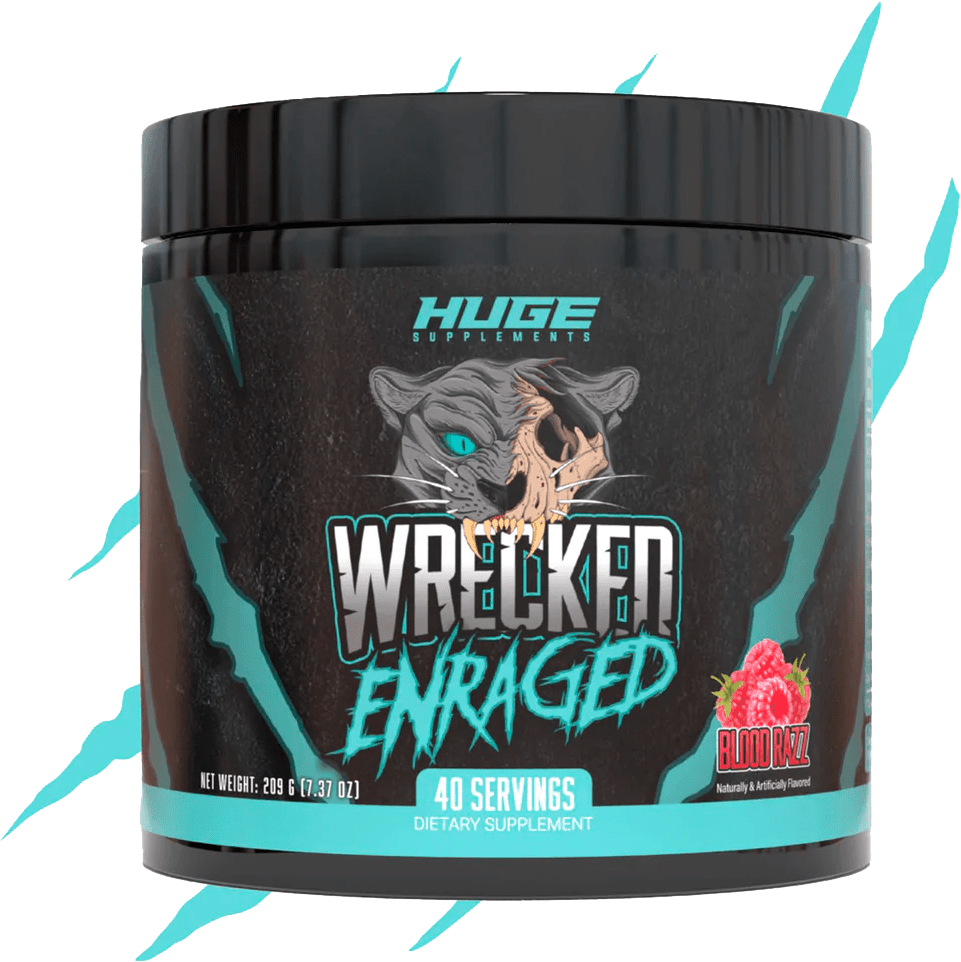Beta Alanine Itch: Why It Happens, How Long It Lasts & Safety
Beta-alanine is a popular ingredient in many pre-workout and other supplements due to its ability to improve endurance and reduce fatigue during high-intensity exercise.
However, one common side effect of beta-alanine supplementation is that it causes a tingling or itching sensation, often referred to as "paresthesia."
This sensation is harmless and temporary; some people enjoy it, while others don't.
In this article, we will explore the science behind the beta-alanine tingling sensation, including how it is caused, why it varies in intensity, and whether it impacts the supplement's effectiveness.
What Is Beta Alanine?
Before diving further into this article, knowing what Beta Alanine is and how it works is essential.
Beta-alanine is a naturally occurring amino acid that works by increasing levels of carnosine in the muscles.
When ingested, it gets transported to muscle tissue, where it gets converted into carnosine, a dipeptide made up of beta-alanine and histidine.
Carnosine helps to buffer the muscles against the build-up of lactic acid, a byproduct of high-intensity exercise and responsible for the burning sensation that occurs during intense workouts.
Beta-alanine can reduce lactic acid build-up. This process leads to multiple benefits, such as reducing fatigue, improving exercise capacity, and improving endurance.
Because of the compounds' performance-enhancing abilities, you'll find this ingredient in many different supplements, such as:
Now, let's move on to everything you need to know about the Beta Alanine itch, make sure to keep reading!
Why Does Beta Alanine Make You Itch?
Beta-alanine supplementation can cause itching, tingling, or flushing sensations in the skin, collectively known as paresthesia.
Beta Alanine makes you itch because it interacts with nerve receptors in the skin. These nerve fibers are stimulated by the accumulation of carnosine in the body, which can cause them to fire and send signals to the brain.
The intensity of the paresthesia is related to the concentration of carnosine in the body, with higher concentrations typically causing more pronounced symptoms.
But the exact mechanism behind the Beta-alanine itch has yet to be fully understood.
Recent research shows that it may be because Beta-Alanine activates the G-protein coupled receptors. These receptors transmit signals to your central nervous system and the skin.
How Long Does Beta-Alanine Itch Last?
How long the beta-alanine tingling sensation lasts can vary depending on several factors, including the dosage of beta-alanine consumed, the individual's sensitivity to the feeling, and the formulation of the supplement.
Generally speaking, the beta-alanine tingling sensation begins within 15 minutes of ingestion and lasts for about 15 to 30 minutes.
Please note that some supplements, such as pre workouts, may contain additional ingredients like caffeine or other stimulants, which can exacerbate the tingling sensation.
Can You Stop The Beta Alanine Itch?
We often get asked - Can you stop the Beta Alanine itch from happening?
No, you can't completely stop it from happening, but you can make it less intensive. Here are several different tips you can apply:
- Take a lower dosage. The dosage plays a massive role in the intensity of the itchiness. Taking a smaller dose will lessen the paresthesia significantly.
- Spread your dosage. Instead of taking your entire dosage of Beta Alanine at once, consider spreading your dosage throughout the day. Doing so can help reduce the concentration of carnosine in the body at any one time, which may reduce the intensity of the paresthesia.
- Take it with food. Taking beta-alanine with a meal or snack can help slow down its absorption, which may lower the intensity of the itch.
Is The Beta Alanine Itch Dangerous?
Lastly, many of you will wonder whether or not the beta alanine itch is dangerous.
It's important to know that the beta-alanine itch (paresthesia) is generally considered a harmless side effect and is not dangerous.
While the beta alanine itch is not harmful, it can be uncomfortable or unpleasant for some individuals.
If that's the case for you, lower the dosage of Beta Alanine you're consuming or find a supplement that does not include the ingredient.
Conclusion: The Beta Alanine Itch
In conclusion, Beta-alanine is an excellent compound that can improve exercise performance from multiple angles.
But, it is also known to cause the Beta Alanine itch, a harmless tingling sensation in the skin. This sensation, known as paresthesia, is caused by the activation of nerve fibers in the skin and is a normal response to beta-alanine supplementation.
Some people like the itch, whereas others find it uncomfortable. But it's important to know that it is not dangerous and subsides relatively quickly.












Leave a comment